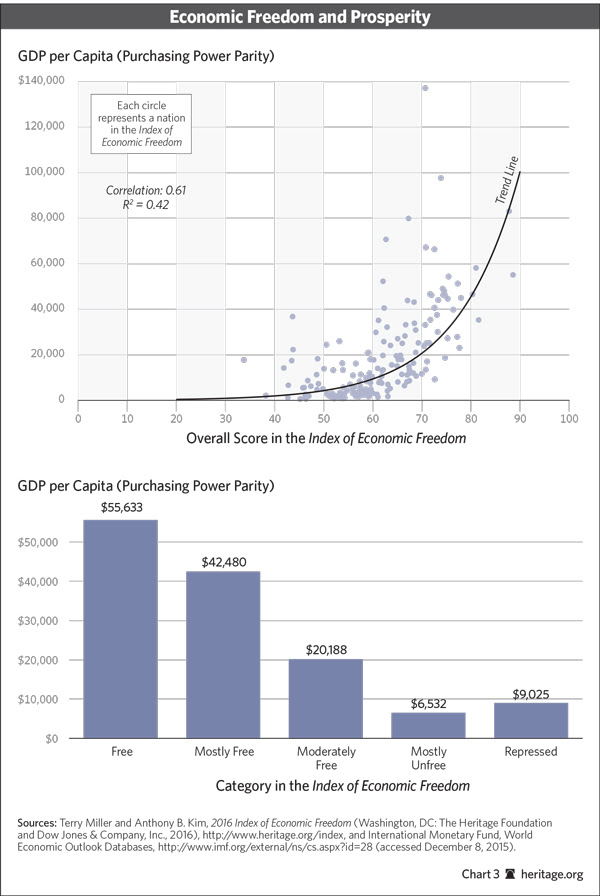

In such a setting, Smith noted in one of his more famous observations, individuals pursuing their own interests are led as if by an invisible hand to do what is best for the whole society. How could they not, especially after the collapse of most centrally planned economies around the world? Yet, driven by abstract economic theory, there still remains a challenge to the idea that laissez-faire policies best promote economic growth.Īdam Smith made the case that prosperity is produced through a competitive market economy. At the end of the twentieth century, economists seem to be turning back to the ideas of Adam Smith. Smiths conclusions were generally accepted among economists until the twentieth century, when developments in economic theory reversed the conventional wisdom and led economists to advocate central planning and government control as a better way to produce prosperity, especially among less-developed economies. In other words, economic freedom leads to economic growth.

#Economic freedome free
He concluded that free markets, the protection of private property rights, and a minimal government presence in the economy lead to prosperity.
#Economic freedome full
The full title of Adam Smiths well-known treatise, An Inquiry into the Nature and Causes of the Wealth of Nations, published in 1776, clearly shows that the causes of prosperity were Smiths primary concern. One of the most enduring questions in economics is what causes economies to grow. Single Issues of The Independent Review.International Economics and Development.HKFP has reached out to the government for comment. Mak added that by not listing Hong Kong as a separate economy in the index, it may be difficult for researchers or the government to understand and compare the situation in Hong Kong to those of other regions. Speaking in Beijing, Hong Kong finance chief Paul Chan said he did not agree with the foundation’s analysis: “When they arrived at that decision, they must have been clouded by their ideological inclination and political bias,” he said according to RTHK.īilly Mak, associate professor of the Department of Finance and Decision Sciences at the Hong Kong Baptist University, told HKFP that the think tank’s decision to stop listing Hong Kong as an independent economy could harm the study’s credibility: “This is an academic issue, if you use the previous classifications, you can conduct different comparisons between countries and regions over the years, but now that you suddenly changed the evaluation criteria, there may be discrepancies between the new and old data.” The report also stated that China’s score was dampened by a decline in trust and destabilised global relationships due to issues such as “restrictions on Hong Kong’s autonomy, the persecution of China’s Uighur minority, and Beijing’s cyberwarfare activities.” ‘Political bias’ Singapore topped the ranking again this year, with a score of 89.7.Ĭhina scored 58.4, and was ranked 20th among the 40 economies in the Asia-Pacific region, and 107th in the world among the 178 countries examined. Photo: Heritage Foundation, via website screenshot. The Index’s website had also removed Hong Kong’s standalone page, and no results were shown when “Hong Kong” was typed in the search bar. “No doubt both Hong Kong and Macau, as Special Administrative Regions, enjoy economic policies that in many respects offer their citizens more economic freedom than is available to the average citizen of China, but developments in recent years have demonstrated unambiguously that those policies are ultimately controlled from Beijing,” the report read. In this year’s index, the conservative think tank explained that the ranking would only include “independent countries where government exercise sovereign control of economic policies.”

In 2019 – after Hong Kong became the only economy that had scored over 90 – Financial Secretary Paul Chan said: “This achievement reaffirms the Government’s steadfast commitment in upholding the free market principles over the years.” The Hong Kong government often boasted of the accolade in promotional material for the city. Hong Kong axed from economic freedom index after years at top spot, now ranked 107th as part of China - Hong Kong Free Press HKFP Close


 0 kommentar(er)
0 kommentar(er)
